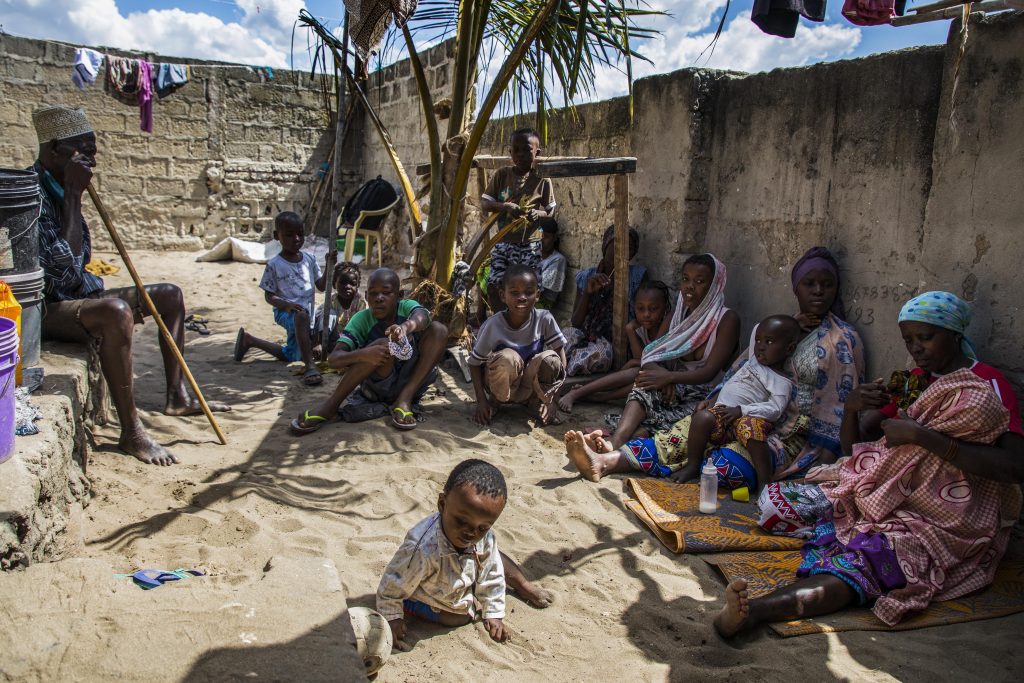Canada’s foreign minister says the government is “shocked and disturbed” by reports that dozens of civilians were beheaded in northern Mozambique.

The BBC, Al Jazeera and other outlets, citing state media and police, report over 50 people were attacked and beheaded over the weekend by militant Islamists in the Cabo Delgado province.
The province has been plagued for years by attacks from militants of the Al-Shabaab, which is aligned with the so-called Islamic State.
In a tweet Tuesday evening, François-Philippe Champagne called the reported beheadings “an horrific and despicable act” and said his ministry will monitor the situation closely.
“We’re deeply concerned by the ongoing situation,” he said. “Civilians must be protected and violence must stop.”
The reports say the Islamist militants attacked several villages in the province where they killed men and abducted women and children while setting homes on fire.
Local state media, citing witness accounts, said the attackers took villagers to a football field in Muatide village, where the beheadings were carried out.
Amnesty International said in a report last month that over 2,000 people have been killed in militant attacks since 2017. displacing more than 300,000 people who have fled their homes to escape the violence. Doctors Without Borders this week said that number has already grown to over 400,000.
The militant group has been attempting to take advantage of local poverty to establish Islamic rule in the province, which is also home to a rich oil and gas deposit off its coast.

Earlier this week, at least 40 people drowned after a boat carrying passengers fleeing the extremist violence sank, while another 32 were saved.
State media has reported more than 12,000 refugees have arrived on 250 boats from Cabo Delgado in the last two weeks alone, citing a local government report that said more than half the arrivals were children.
Doctors Without Borders said that around 100,000 internally displaced people have sought refuge in and around Pemba and “lack clean drinking water and are exposed to malaria with barely any protection, while they remain in unsanitary, crowded conditions, increasing the risk of an outbreak of measles, diarrhea or COVID-19.”
The medical charity said it requires urgent support from the Mozambican government to be able to meet the basic needs of the displaced people.
Travel Canada has been advising Canadians to avoid all travel to certain parts of Mozambique “due to clashes between armed groups, security forces and residents,” and says non-essential travel to the rest of Cabo Delgado province should also be avoided because of the “unstable security situation” there.
“Our ability to provide consular assistance to Canadians in Cabo Delgado Province is extremely limited,” the agency says.
— With files from the Associated Press




Comments